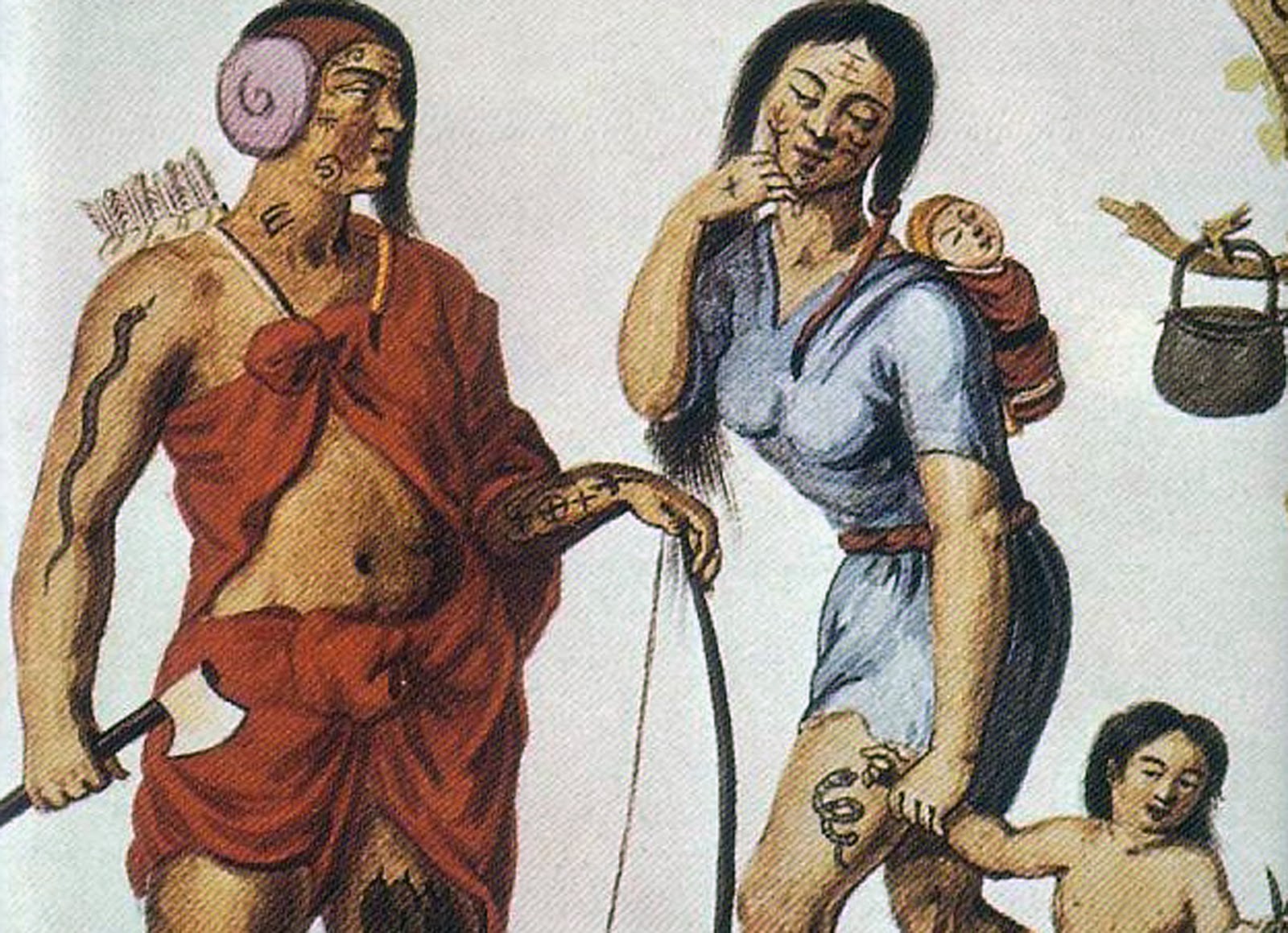 The Getty Research Institute has acquired The Whitney and Lee Kaplan African American Visual Culture Collection.
The Getty Research Institute has acquired The Whitney and Lee Kaplan African American Visual Culture Collection.
The collection primarily documents Black visual culture in the United States, but also captures the broader context of art of the African diaspora with its inclusion of materials from the Caribbean and Latin America.
“Encyclopedic in its scope, the Kaplan Collection will be foundational in bolstering the Getty Research Institute’s ever-expanding library collections in support of our African American Art History Initiative,” says Simone Fujita, Getty Library’s Bibliographer of African American Art. “Running the gamut from out-of-print catalogues published by long-defunct galleries to recent zines by Los Angeles artists, this significant acquisition presents a unique opportunity for the Library to collect deeply and broadly on Black visual culture from a rich variety of disparate sources.” The first bibliographer hired expressly for the Research Institute’s African American Art History Initiative, Fujita has been dedicated to library collection development of print and electronic resources relating to Black artists since starting her role in 2019.
Lee Kaplan, a native Angeleno, established Arcana: Books on the Arts in 1984. Having noticed a significant disparity in published works on African American artists, he began to privately compile his own collection of materials in the late 1980s.
With his diligent and keen curation efforts, the Kaplans’ collection has grown to include approximately 3,500 catalogues, magazines, artist’s books, pamphlets, and zines, as well as rare ephemera on African American artists and Black visual culture ranging in date from 1903 to the present.
This library amassed by Lee Kaplan benefits from his expertise as an art bookseller as well as an extensive network of diverse relationships.
As a longtime fixture in the art book-collecting world, he was able to carefully curate this collection over an extended period of time, culling materials from a unique array of sources, including publishers, museums and galleries, other book dealers, artists, art collectors, cultural workers, scholars, and curators.
The Kaplan Arcana collection, with its coverage of rare African American art publications, African American history, and African diasporic visual art, provides an important complement to the Getty Research Institute’s ongoing bibliographic and archival acquisitions for the African American Art History Initiative, including the personal archives of artist Betye Saar, the libraries of scholars Robert Farris Thompson and Doran Ross, and the joint acquisitions, with other institutions, of the Johnson Publishing Company and Paul Revere Williams archives.
The collection will be cataloged over the course of several years and made available to researchers at the Getty Research Institute.
“I’m so excited to have the Whitney and Lee Kaplan African American Visual Culture Collection at the GRI—for so many reasons, but principally because I can imagine the generations of new scholarship that this collection will underpin,” says Mary Miller, director of the news.getty.edu. “This collection of the past will be the engine of the future.”
Become a Harlem Insider!
By submitting this form, you are consenting to receive marketing emails from: . You can revoke your consent to receive emails at any time by using the SafeUnsubscribe® link, found at the bottom of every email. Emails are serviced by Constant Contact








